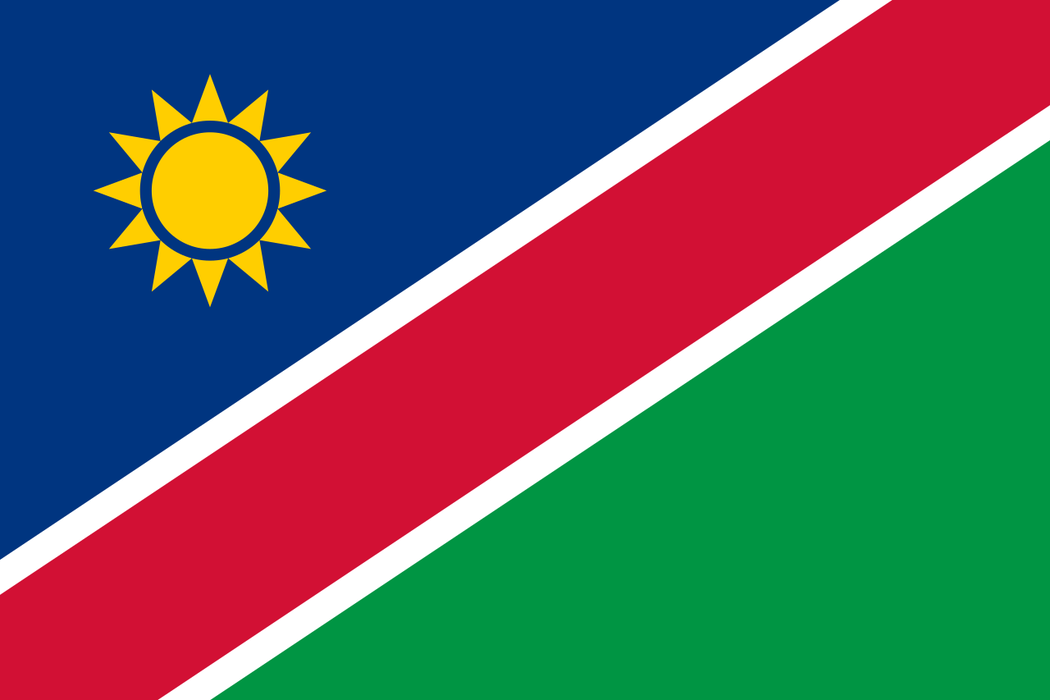
Introduction
Results of 2024 Elections disputed
Over 1.4 million Namibians took part in the country’s seventh general elections since gaining independence from Apartheid South Africa in 1990. The elections, initially set for 27th November 2024, were postponed to 29th and 30th November at several polling stations. The ruling South West Africa People’s Organisation (SWAPO) secured victory, with Netumbo Nandi-Ndaitwah making history as Namibia’s first female president after winning 58.07% of the popular vote.
Despite this milestone, the election results faced legal challenges. On 15th January 2025, the Independent Patriots for Change (IPC), backed by other opposition parties, filed a lawsuit against the Electoral Commission of Namibia (ECN) demanding that the national and presidential election results be declared invalid. The opposition cited allegations of voter suppression, electoral irregularities, technical failures and ballot shortages which caused prolonged delays for many voters.
The controversy has led to concerns that the 2024 elections were among the most disputed in Namibia’s 34-year democratic history. However, the African Union Election Observation Mission (AUEOM) noted that the elections were conducted in a largely peaceful manner and adhered to the country’s legal electoral framework.
Namibia has enacted the Marriage Act, 2024 (Act No. 14 of 2024), which officially prohibits the recognition of same-sex marriages, including those legally performed in other countries.
— NBC Digital News (@NBCDigitalNews) January 19, 2025
President Nangolo Mbumba signed the law on October 2, 2024, reversing the 2023 Supreme Court… pic.twitter.com/6rjjMippnL
Association
New Marriage excludes same-sex couples
On 2nd October 2024, President Nangolo Mbumba signed the Marriage Act 2024 into law. Despite a Supreme Court ruling in May 2023 that required Namibia to recognise same-sex marriages legally performed in other countries, the new law excludes same-sex couples, nullifying the recognition of same-sex marriages performed abroad.
The Act, which was officially published in the Government Gazette on 30th December 2024, defines marriage strictly as a union between a man and a woman, and criminalises marriage officers who officiate same-sex unions with up to four years in prison. The law also excludes transgender individuals from marriage rights, defining sex strictly by birth assignment.
Previously, in June 2024, the Christian Coalition of Churches in Namibia (CCCN) led a nationwide protest and gathered over 30,000 signatures demanding legislative action against the Supreme Court ruling. The new law now explicitly defines "opposite sex" and "spouse" in alignment with Christian values.
LGBTQI+ activists and human rights organisations, including Equal Namibia and Pan Africa ILGA, have condemned the law as unconstitutional and discriminatory. Activist Omar van Reenen criticised the government for prioritising state-sanctioned homophobia over addressing socio-economic issues.
Peaceful Assembly
Activist arrested over protests
Namibian activist Jimmy Areseb appeared in court on 6th January 2025 after being arrested for allegedly violating public order laws during a protest against officials accused of accepting bribes from the Chinese mining company Xinfeng for lithium mining rights. The protest in the Erongo region escalated on 4th January 2025 when Namibia’s paramilitary Special Field Force forcibly dispersed demonstrators, including elderly protesters, sparking public outrage. Images of an elderly woman being carried off by officers further fueled criticism.
The tensions at Uis, a mining settlement in the mineral-rich Erongo region, culminated in Areseb’s arrest for allegedly interfering with officers enforcing a court order to remove protesters who had camped outside the chief’s office for a week.